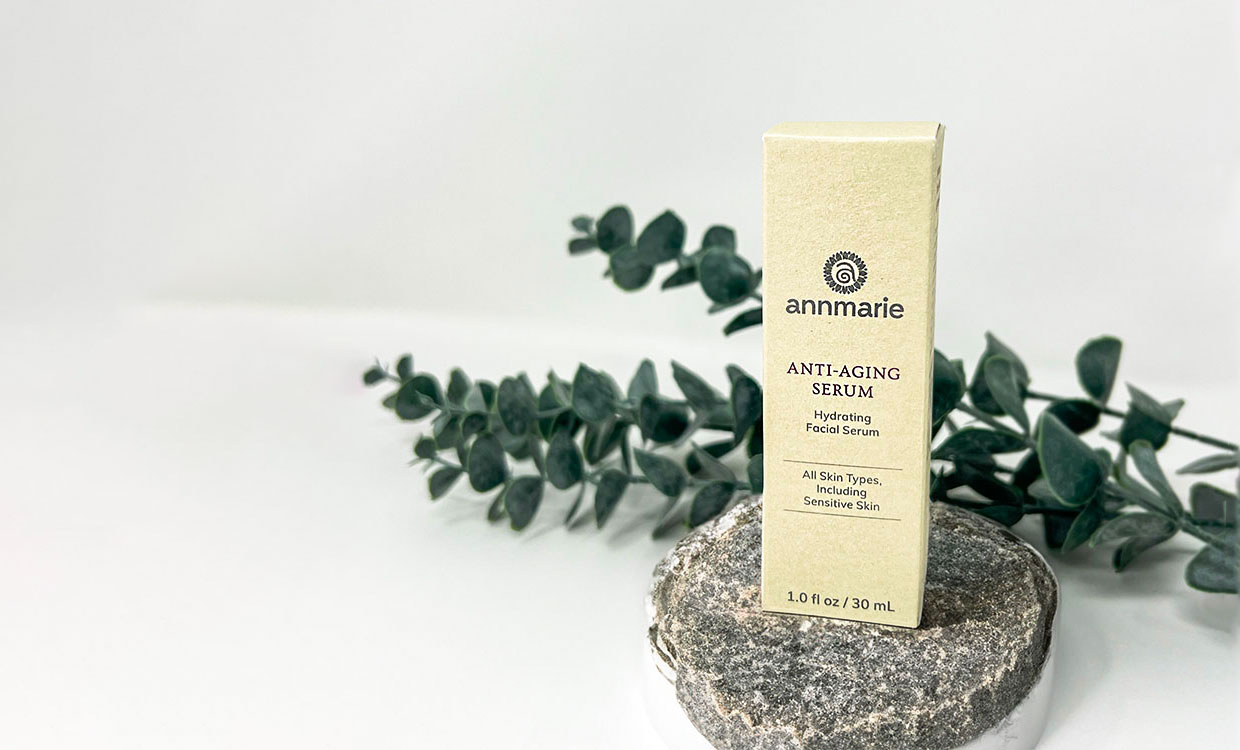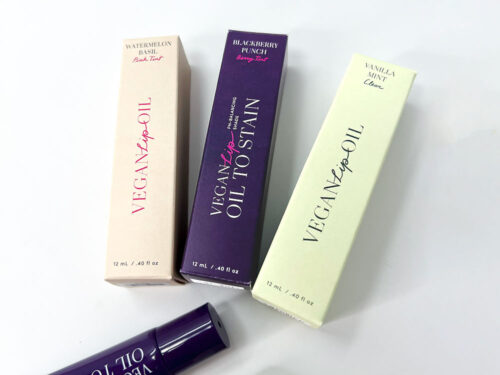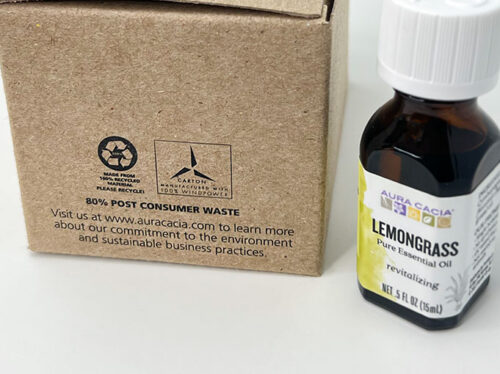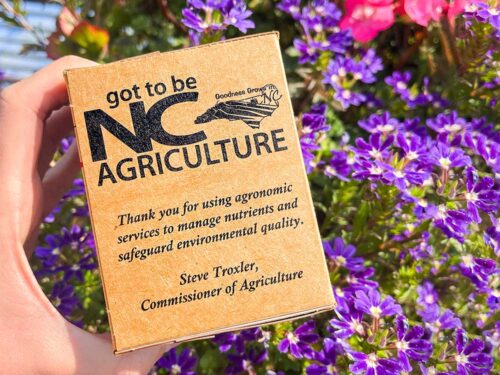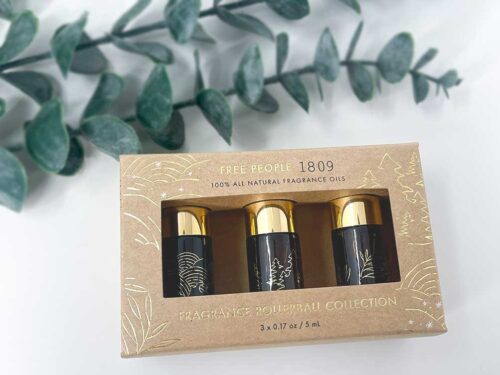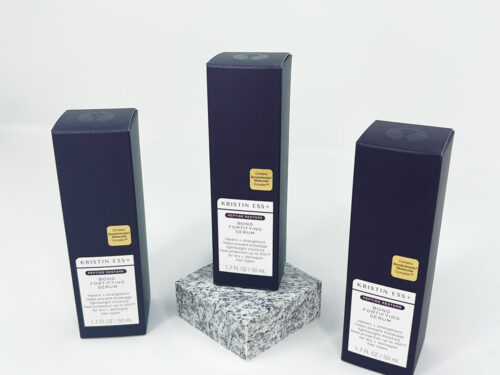Folding Carton Printing: The Future of Sustainable Innovation
The packaging industry is evolving, as digital solutions reshape traditional folding carton printing. This change goes beyond technology, influencing how brands design, manufacture, and prioritize sustainability in their packaging. Digital printing makes up just 2% of the packaging market but is set to be the fastest-growing technology by 2027, thanks to its speed, customization, and waste reduction benefits.
Meeting Sustainability Demands with Digital Innovation
This shift comes as brands face rising pressure to create packaging that protects products while meeting environmental demands. The integration of digital printing, 3D modeling, and automation technologies offers unprecedented opportunities for brands to meet these challenges head-on. These advances streamline design-to-print, reduce waste, and enhance customization, making custom packaging boxes more accessible and efficient.
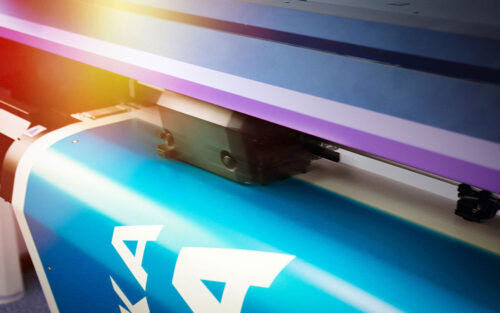
Expanding Accessibility and Efficiency in Packaging
For brands navigating this changing landscape, the benefits extend far beyond mere technological advancement. Innovative packaging solutions offer high value-add opportunities for converters, enabling them to serve clients more effectively while maintaining profitability. The move to digital printing and automation makes high-quality custom packaging solutions accessible to all brands.
Explore how Meyers can help your brand
implement digital packaging solutions.
The Future of Folding Carton Printing
As technology evolves, we’ll explore its impact on digital printing, sustainable design, and automated, high-quality production.
The Need for Sustainable Packaging Solutions
In recent years, the demand for sustainable packaging solutions has surged, driven by heightened environmental awareness and the need to mitigate human impact on the planet. What started as a niche trend has now gone mainstream, with market projections reflecting this major shift. The global sustainable packaging market expected to reach $440 billion by 2025, growing at an impressive 7-8% annually since 2020. Traditional packaging creates waste, but sustainable packaging solutions cut waste, reduce impact, and promote eco-friendliness with innovative materials.
Driven by a greater focus on sustainability
The benefits of adopting sustainable packaging solutions are manifold. Not only do they help in reducing waste and minimizing environmental harm, but they also offer substantial business advantages. For instance, sustainable retail packaging can lead to cost reductions, enhance brand reputation, and foster increased customer loyalty. Moreover, businesses that embrace sustainable retail packaging are better positioned to comply with regulatory requirements and meet industry standards.
Implementing sustainable packaging solutions requires a comprehensive approach. Businesses must consider various factors, including the type of packaging materials used, the packaging process, and the supply chain. Additionally, it is crucial to think about the end-of-life of packaging materials and how they can be recycled or reused. Sustainable practices benefit both the environment and the bottom line.
Looking for sustainable packaging solutions?
Meyers offers innovative, eco-friendly folding cartons
to support your sustainability goals.
The Rise of Digital Printing Technology in Custom Packaging
The transition from traditional to digital printing methods marks a significant leap forward for the folding carton industry. Next-generation digital presses have expanded the scope of packaging applications while delivering enhanced productivity and sustainability advantages. This evolution isn’t merely about replacing old technology—it’s about reimagining what’s possible in packaging production.
Technological advances are making digital printing more accessible and effective than ever. Modern digital presses offer superior print quality, enhanced color control, and improved registration consistency. These advances come at increasingly affordable costs, making high-quality packaging solutions available to a broader range of brands. MIS integration and cloud analytics improve efficiency with real-time production insights.
Digital printing technology has opened new doors for customization and short-run production capabilities. This allows for innovative package design that aligns with brand identity and market positioning. Brands can create personalized packaging, adapt to regions, and meet market demands affordably. Smart features like QR codes and NFC tags enhance customer engagement, linking packaging to digital experiences.
The accessibility of these advanced printing solutions has leveled the playing field for brands of all sizes. Small and medium businesses now have access to the same high-quality printing as large corporations, leveling competition.
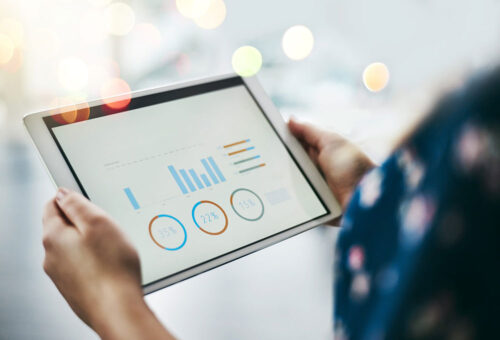
See how Meyers’ digital printing technology can elevate your brand’s packaging.
Innovations in Sustainable Packaging Design and Prototyping
The Growing Need for Sustainable Packaging
The demand for sustainable packaging is rapidly increasing due to alarming environmental concerns and stricter regulations. With packaging materials comprising roughly half of all plastic waste, and over 90% of packaging waste ending up in landfills or littered in the environment, brands must adopt more aggressive approaches to sustainable packaging. Brands must create packaging strategies that balance sustainability, efficiency, costs, and materials. With pollution and wildlife harm increasing, switching to recyclable, biodegradable, or compostable packaging is more crucial than ever.
The Role of 3D Modeling in Packaging Design
Technological innovations, particularly 3D modeling, are revolutionizing the sustainable packaging design process. 3D modeling has transformed packaging design, improving accuracy, speeding production, and enhancing consumer engagement. It reduces physical prototypes, cuts waste, and enables early issue detection, making packaging more efficient and sustainable.
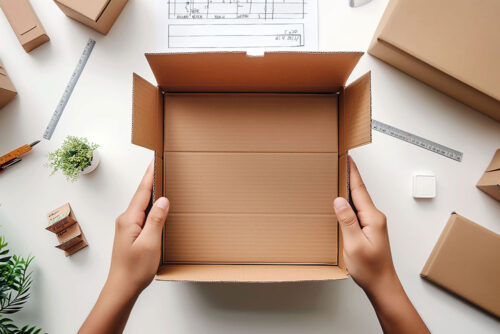
Advancements in Sustainable Materials
Material innovation is at the forefront of modern packaging, with fiber-based and biodegradable materials gaining traction. These sustainable materials for packaging present both opportunities and challenges, requiring careful consideration of performance characteristics, cost implications, and environmental impact. Recent McKinsey analysis indicates that incremental changes are no longer sufficient—brands must pursue bolder strategies and fundamentally rethink their packaging materials and formats to meet rising consumer expectations and tightening regulations. The industry has responded with significant advancements in developing materials that balance functionality with sustainability, offering brands more options for meeting their environmental goals without compromising product protection or visual appeal. This shift toward comprehensive material substitutions and circular packaging systems represents a necessary evolution in packaging sustainability.
The Future of Sustainable Packaging Design
The integration of 3D modeling and eco-friendly packaging is reshaping packaging sustainability.These advancements not only reduce waste and environmental impact but also optimize material usage and improve production efficiency. As brands continue to adopt these innovations, they can achieve a balance between sustainability, cost savings, and high-performance packaging solutions.
Sustainable Packaging Materials
Sustainable packaging materials are at the heart of eco-friendly packaging solutions. These materials are designed to reduce waste and minimize environmental harm, offering a greener alternative to traditional packaging. Examples of sustainable packaging materials include bioplastics, recycled paper, and biodegradable packaging.
Bioplastics, derived from renewable resources such as corn starch, sugarcane, or potato starch, represent a significant advancement in sustainable packaging materials. These innovative materials are engineered to be biodegradable and compostable, meeting rigorous standards like ASTM D6400 in the United States and EN 13432 in Europe. For example, polylactic acid (PLA), made from corn or sugarcane, can fully decompose in industrial composting facilities into natural substances like carbon dioxide, water, and biomass. While not all bioplastics are compostable, those made from starches or plant fibers often qualify for these certifications, ensuring they truly break down at end-of-life and divert waste from landfills. Beyond bioplastics, recycled paper remains a versatile and sustainable option for various applications, from packaging boxes to paper bags. Additional innovations like mushroom-based packaging further expand the possibilities for truly biodegradable solutions.
In addition to these materials, there are numerous sustainable packaging options available. Flexible packaging, for instance, can be made from bioplastics and recycled paper, offering a versatile and eco-friendly solution. Eco-friendly packaging is designed to minimize waste and environmental impact, aligning with the growing demand for sustainable packaging solutions.
Automation and Quality Control in Modern Packaging Materials Production
The integration of automation technologies has transformed folding carton production, addressing long-standing challenges in efficiency, consistency, and quality control. This evolution reflects the industry’s ongoing pursuit of improved profitability while maintaining the highest standards of product quality.
Modern production facilities now leverage AI-driven quality control systems that enable real-time monitoring and defect detection, ensuring consistent product packaging quality. These sophisticated systems can identify and address quality issues immediately, significantly reducing waste and ensuring consistent product quality. The implementation of predictive maintenance capabilities through IoT sensors and data analytics has further enhanced operational efficiency, minimizing unexpected downtime and optimizing equipment performance.
Smart manufacturing integration has revolutionized production processes through the implementation of IoT devices, advanced data analytics, and automated control systems. These technologies enable unprecedented levels of production scalability while maintaining consistent quality standards. The reduction in human error, combined with improved process consistency, has led to significant improvements in both productivity and product quality.
The benefits of automation extend beyond immediate production improvements, enabling manufacturers to achieve greater scalability and long-term efficiency gains. As these technologies continue to evolve, they pave the way for even more advanced production capabilities and quality control measures.
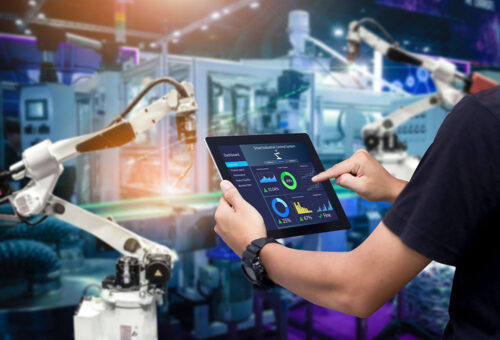
Luxury Packaging Manufacturing
Luxury packaging manufacturing focuses on creating high-end packaging solutions for premium products. This type of packaging is designed to be visually appealing and reflect the brand’s image and values, requiring meticulous attention to detail and a commitment to quality.
To produce luxury packaging, manufacturers must use high-quality materials and advanced packaging manufacturing techniques. This often includes the use of sustainable packaging materials, such as bioplastics and recycled paper, to align with eco-friendly practices. Additionally, the packaging process and supply chain must be carefully managed to ensure that all components are sourced from reputable suppliers.
Luxury packaging manufacturing applies to a wide range of products, from premium food items to high-end cosmetics. The benefits of luxury packaging include enhanced brand recognition, improved customer loyalty, and increased sales, making it a valuable investment for brands looking to stand out in the market.
Project Management for Packaging Manufacturing
Effective project management is crucial for successful packaging manufacturing. It involves the planning, coordination, and execution of packaging projects, ensuring that the packaging process, supply chain, and raw materials are managed efficiently.
Project managers in packaging manufacturing need a diverse skill set, including strong communication, problem-solving, and leadership abilities. They must collaborate with various stakeholders, including graphic designers, manufacturers, and packaging suppliers, to ensure that projects are completed on time, within budget, and to the required quality standards.
To manage packaging projects effectively, project managers utilize a range of tools and techniques. Project management software, such as Asana or Trello, helps in organizing tasks and timelines, while communication tools like email or phone facilitate stakeholder coordination. Additionally, project managers must be adept at risk management, identifying potential issues, and developing solutions to mitigate them.
By adopting sustainable packaging solutions, using eco-friendly packaging materials, and implementing effective project management, businesses can reduce waste, minimize environmental harm, and enhance their overall efficiency and profitability.
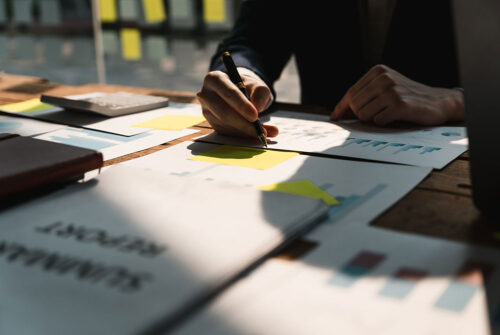
Ready to enhance your packaging
with cutting-edge digital and sustainable solutions?
Looking Ahead: The Future of Folding Carton Production and Supply Chain
Looking ahead, the fusion of digital printing, sustainable design, and automation is redefining the folding carton industry. These innovations give brands the ability to create packaging that’s not only visually striking and high-performing but also environmentally responsible.
The ongoing evolution of these technologies promises even greater advances in sustainability, efficiency, and customization capabilities. Brands that embrace these innovations position themselves to meet growing consumer demands for sustainable packaging while maintaining competitive advantages in their markets.
For brands seeking to navigate this technological transformation, partnering with experienced providers who understand these innovations is crucial. Meyers blends advanced technology with decades of experience to create packaging solutions that tackle today’s challenges and set the stage for future opportunities.
Talk to the Meyers team of experts and explore how our sustainable folding cartons can help your brand’s packaging stand out!

